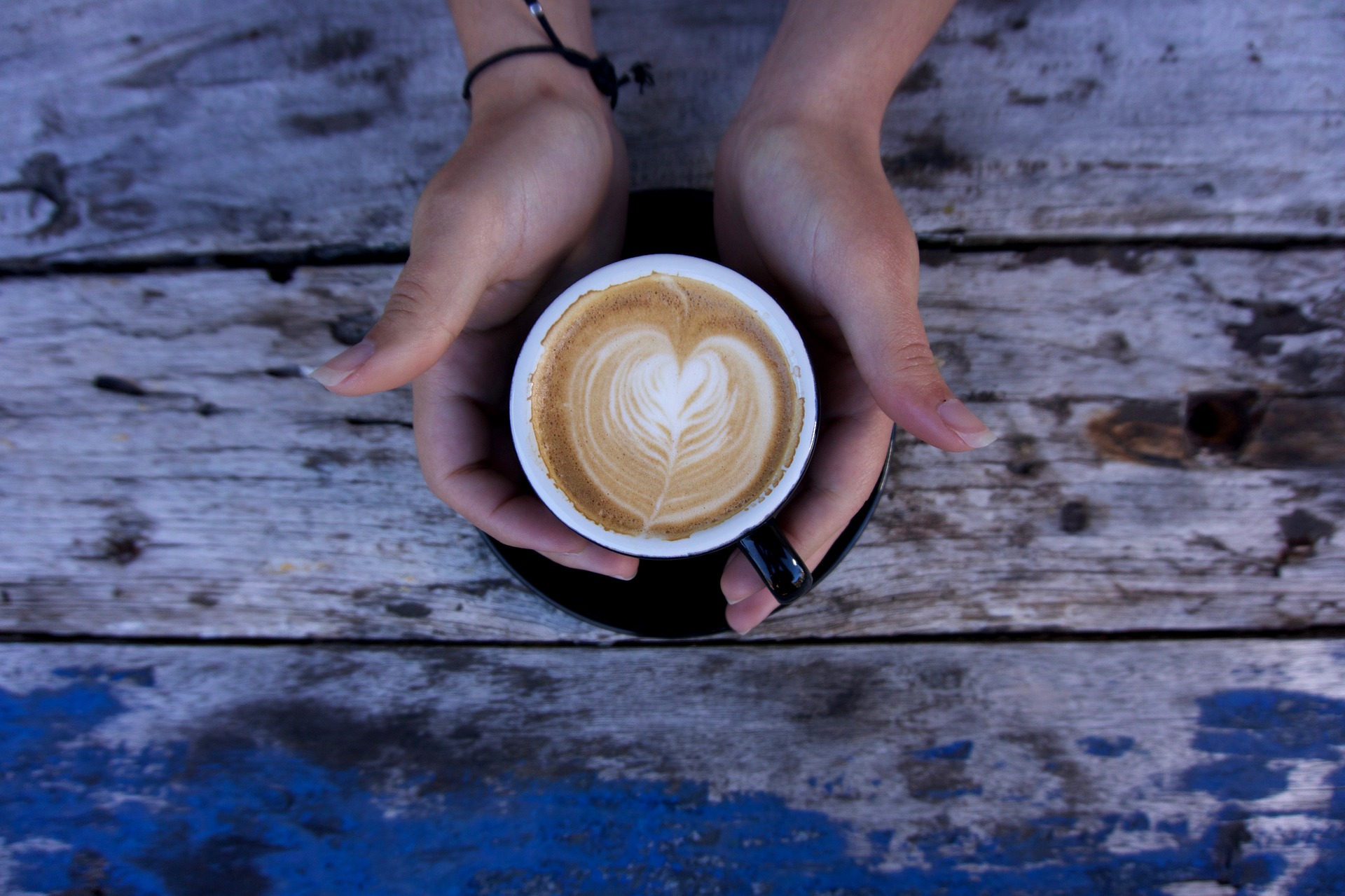Depending on who you ask, the coffee is either very harmful or super healthy beverage. There are a lot of good things to be said about coffee. It is high in antioxidants and linked to a reduced risk of many diseases, but also there is the dark side of it (like we are talking about Star Wars). The coffee contains caffeine, a stimulant that can cause problems in some people and disrupt sleep.
Coffee also contains some essential nutrients and is extremely high in antioxidants. A typical cup of coffee contains vitamin B2, B5, B1, B3, Folate, Manganese, Potassium, Magnesium, Phosphorus.
Coffee also may help to protect your brain in old age, leading to reduced risk of Alzheimer disease and Parkinson as well. The studies have shown that coffee drinkers have up to 65 % lower risk of developing Alzheimer disease and 32-60 % lower risk of getting the Parkinson disease.
Another good thing about coffee drinking is that regular coffee drinkers have a much lower risk of type 2 Diabetes up to 23-67 %. All these percentages are individual and depend on the of your metabolism, age, and overall health. Also, the percentage of getting liver diseases are dropped down. Also, some studies show that coffee drinkers live longer. But all of these is true for those who drink the coffee in moderate amounts. Drinking too much of it can still be harmful. The best way to make sure to preserve the health benefits of coffee is that you don’t put sugar or anything unhealthy in your coffee. Also if it affects your sleep, don’t drink it in the evening hours.
Let us first see some interesting things about caffeine:
– It is the most widely consumed psychoactive substance in the world – and estimated 90 % of adults in Western countries consume it on daily basis.
– Small doses of caffeine help reduce pain and speed up the effects on other pain relievers like aspirin by up to 40 %.
– Green tea and Black tea are all the same leaves from the same plant, just processed differently
– The buzz you feel after the few sips of coffee or tea is largely psychological though some caffeine is absorbed directly into the blood through the mouth, most of it takes 45 minutes to metabolize
– In a typical adult, most of the effects of the caffeine pass within the 5 to 8 hours. In woman taking contraceptives, effect can last from 5 to 10 hours and pregnant women as much as 11 hours
Now, let us get back to the question that is popular worldwide. Is it true that caffeine causes high blood pressure?
There is little doubt that, in the short run, caffeine causes blood pressure spikes in people that don’t drink it regularly. As an example, in research published in the New England Journal of Medicine, non-coffee drinking study subjects had average blood pressure increases of 14 systolic and 10 diastolic. Whether or not caffeine causes long-term hypertension over time in regular drinkers is less clear. One time to find out is researching through so-called meta studies. For example in a study published by the American Heart Association called the Effect of chronic coffee drinking on blood pressure, they concluded that the average overall increase was 2.4 systolic and 1.2 diastolic.
Just to confuse matters, the another meta-study published in the Journal of hypertension concluded that the effect of the caffeine was different depending on if it is of coffee (which had an increase of 1.22 systolic and 0.49 diastolic) versus other caffeinated drinks (2.04 systolic and 0.73 diastolic). Their final conclusion was – regular caffeine intake increases blood pressure. When ingested through coffee, however, the blood pressure effect of the caffeine is small (Journal of Hypertension).
These numbers may seem small but when you are talking about blood pressure, even very small numbers can make a big difference. In population study research published in the Journal of Biobehavioral Medicine, it was estimated that the increases as small as these could be attributed to a 14 % increase in death from coronary heart diseases and a 20 % increase in strokes. Like so much about blood pressure, how caffeine affects you personally is very individual.
The only way to know for sure is to take your blood pressure before drinking caffeine and then again 30 and 60 minutes later. If you are one of the people who can safely drink caffeine without getting a blood pressure spike, it doesn’t mean you have a free ticket to drink all you want. It is generally recommended to drink no more than 350 milligrams a day. Depending on your preferred strength this is roughly 2 to 3 cups of coffee or 3 to 9 cups of tea.
So overall, the answer to the question does caffeine increase blood pressure is maybe… everyone is different.
